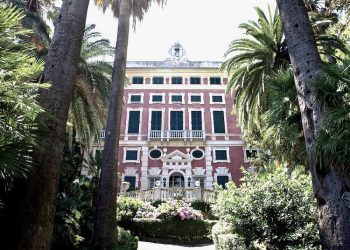Dashnor Kaloçi
Memorie.al publishes some unknown documents extracted from the fund of the former Central Committee of the ALP that belongs to the months of March 1974, where it is a report-information that is sent to the Central Committee of the ALP by a team of the Ministry of Education and Culture that has analyzed the work done in some of the main artistic and cultural institutions of the country, such as People’s Theater, Tirana Circus, Variety Theater, Puppet Theater, etc. All the main issues that were discussed and analyzed in the meeting of the People’s Theater of March 1974, where the candidate of the Politburo and the secretary of the Central Committee of the ALP, Xhaferr Spahiu, participated as delegates, which were reflected in detail. in that report-information, starting from the number of performances and spectators who attended them, the monetary income that was collected, the selection of theatrical plays, the engagement of playwrights, directors, and actors of that theater, such as Naim Frashëri, Pirro Mani, Sulejman Pitarka, Ndrek Luca, Prokop Mima, Gjon Karma, Anastas Kristofori, Shkëlqim Basha, Vladimir Prifti, Roland Trebicka, Bashkim Kozeli, etc., to the fees they have benefited by engaging in the Albanian Radio-Television.
(This article is taken from the book “Writers and artists under the communist dictatorship” by journalist Dashnor Kaloçi, which is expected to be published soon and published with the author’s permission.)
As we have noticed in many archival documents reflected in the chapters of this book and not only, it seems that the senior leadership of PPSh and all other structures under its auspices, from all cultural and artistic institutions of Tirana and all over the country, have paid special attention and priority to the People’s Theater. Like Milan’s “La Scala”, Vienna’s State Opera, or Moscow’s “Balshoj Theater”, etc., it seems that the “Mecca” of culture in Albania during the entire period of the communist regime before the 1990s, has been considered and has been really the People’s Theater in Tirana. The generation of those Albanians who lived in adulthood in the period 1960s-’70s, remember very well that theater at that time had become an integral part of their lives, so much so that it can rightly be said that “theater theater” became the “keyword” of the communist regime’s propaganda in force.
So fashionable was the theater at the time that actors had to go on stage almost every day of the week, all year round, with only one day off per week. Or rather, if we refer to the figures in the archival documents, only in 1972, the actors of the People’s Theater took the stage to give performances, a full 284 days of that year. This in terms of the quantitative side of the performances, while regarding the content, quality and all the issues contained in the People’s Theater (but also those of the districts), one of the members of the Political Bureau of the ALP constantly participated in the analysis of his work. , for example, in one of the meetings held on December 27, 1973, Xhaferr Spahiu, one of the most well-known figures of the communist leadership of that time, former secretary of the Central Committee of the ALP, took part. and Deputy Prime Minister. This, among other things, seems to have been due to the great impact that the actors of the Theater have had on the life of the country, so much so that at that time they were known and enjoyed greater popularity than the members of the Politburo of the Central Committee. of the ALP. This, that is, the great attention and priority given to the theater at that time by the communist regime in power by its means of propaganda, among other things, is evident from the large number of archival documents found in Fund 14 of the Central State Archive ( Apparatus of the Central Committee of the ALP), where there are hundreds of reports, information, reports, letters, analyzes, meetings, etc. etc., where it is only about the theater. Even the document in question that we are publishing with abbreviations in this chapter of this book, is a 25-page report-information, with the conclusions of a team of the Ministry of Education of Culture, for some of the cultural and artistic institutions of Tirana, (where the great is dedicated to the People’s Theater), which is sent to the Central Committee of the ALP.
Information-report of the Ministry of Culture addressed to the Central Committee of the ALP on the situation of the People’s Theater, Variety, Circus and Puppet Theater
CONCLUSIONS OF THE TEAM OF MINISTRY OF EDUCATION AND CULTURE ON THE CONDITION OF ARTISTIC INSTITUTIONS OF TIRANA FOR 1973 AND SOME PROBLEMS OF THEIR OBJECTIVE DIRECTION FROM THE KP OF TIRANA
A team from the Ministry of Education and Culture inspected the 1973 activity at the People’s Theater, the Variety Theater, the Circus, and the Puppet Theater. At the same time, their leadership was seen by the culture section of the Executive Committee of the KP of the Tirana district. The team was specifically acquainted with the activities of these institutions in terms of content and ideo-artistic level of the developed activity, the work that has been done for the ideological and professional education of employees, as well as the problems of their management.
For this purpose, the team met with friends of the culture section of the Executive Committee, with the leaders and artistic leadership, artistic councils, artistic collectives, and other employees of these institutions, assisted in performances and rehearsals that took place during this period, studied the documentation. and the existing repertoire, organized consultations and meetings with specialists and creative forces, confronted opinions in departments, and in artistic and state leadership. Concluding and relevant conclusions for each institution.
Of all the work done, the team came to the following conclusions:
Tirana’s professional artistic troupes (People’s Theater, Stage Theater, Circus and Puppet Theater), inspired by the recent speeches of Comrade Enver, the decisions of the 4th Plenum of the Central Committee of the ALP, “On the ideological war against foreign performances of liberal attitudes towards them ”, which were dismantled in the activities of the party of the district and the regions and of the Executive Committee of the KP of the district, during 1973 have achieved a series of results at work for the further development of our art. socialist and inputting it at the service of ideo-aesthetic education of the masses. ‘
“THE PEOPLE’S THEATER HAS PIRRO MANI UNDERSTAND WITH THE DRAMATURG KOZELI MUNICIPALITY”
By clearing it of inappropriate parts that had been influenced by foreign influences, to ensure a more militant and sound socialist and national repertoire.
As a result, the People’s Theater removed seven such works from the repertoire and, through revisions, updates, and dubbing of roles in some of our national parts, provided a repertoire of 10 works in a short time.
There are efforts and results that have been recorded in raising the artistic level of performances. The People’s Theater realized with a very high level of ideo-artistic the re-recordings for the drama “Red Signal” and the comedies “The Perfect”. Efforts for the repertoire are ongoing. Thus, e.g. Despite the fact that the Executive Committee of the People’s Council of the district has not yet approved the thematic plan and the repertoire, the People’s Theater is simultaneously revisiting the drama “The Fisherman’s Family”, and “Our Land”.
A good job is being done with the authors. Thus e.g. The People’s Theater has asked comrade Pirro Mani to collaborate with playwright Bashkim Kozeli for the drama “Rrufjanët”. He was also helped with convincing remarks and as a consultant during the correction process, Comrade Naim Frashëri, author Hamza Minarolli for the drama “Rifle Tongues”, etc.
“PEOPLE’S THEATER IN THE REPORT FROM XHAFERR SPAHIU”
The People’s Theater gave 284 performances out of the 238 it performed in 1972 and increased the number of spectators to 144,000, from 100,000 last year.
The design, review, and approval of the repertoire has been delayed. Although the People’s Theater has been presenting the thematic plan since December 27, 1973, it has not yet received a response. Tirana’s institutions are still moving forward without an officially approved and announced thematic plan. This is inconsistent with the guidelines of the Central Committee of the ALP and the Government for strengthening the preliminary control in the field of publications and executions. In addition to the Ministry, this task was pointed out to the comrades of the Presidency of the Executive Committee by Comrade Xhaferr Spahiu on November 30, 1973, when he was in contact with the People’s Theater.
When the activity of the People’s Theater and Tirana Variety was analyzed in the Executive Committee on 22.XII.1973, the Chairman gave the order to immediately gather the playwrights from the Executive Committee and this task was delayed so much that even when they tried to gather, the meeting with them was not realized. The active repertoire of the People’s Theater lacks the theme of the working class, that of socialist transformations in Agriculture, and the National Liberation War. For seven years in a row, this theater has not given any performances for children, which according to the order of the Minister, should put one per year.
“PETRO MARKOS’S DRAMS WERE DISCUSSED BY THE WAR FOR IDEAL BOOKS”
Despite the great care shown for the ideological purity of works and other artistic materials staged during 1973 at the People’s Theater, the artistic council approved and began work with the play “Niku I Martin Gjinit”, a flawed work of important idea which was later annulled by the grassroots organization, the directorate, the Executive Committee, and the Party Committee. The culture section should have read this work in time and not allowed the work to start without his approval. The same thing happened with the re-release of Ndrek Luca’s drama “Foreign Voice”.
The People’s Theater worked hard to refresh the drama “The Second Face” and there was a decrease compared to the previous one. Of the four premieres that were planned, two re-enactments were made, while three were canceled due to ideological errors. 284 performances were given with 144,000 spectators and 206,037 ALL in revenue. 106,964 ALL of income remained unrealized. Weak worked for the realization of the plan in tours and villages, People’s Theater, which has gone only to Shkodra, Durres and Fier, not going to small districts and work centers such as Dibra, Mati, Gjirokastra, metallurgy, etc. In the village, this troupe has given only 17 performances.
“PROKOP MIMA ACTOR, HAS TAKEN PART ONLY IN 55 EXPENSES AND TAKES 2,428 ALL IN RADIO-TELEVISION”
There are 106 people working at the People’s Theater (and the Youth Hall), of which only 53 are artistic. The People’s Theater has a disproportion between male and female actors. There are 19 female actors in this troupe, and because the dramas have limited female characters, they are very little activated. In the professional bodies of Tirana, there is a significant increase in the labor force, which can be shortened. In the background of these institutions, work is done without norms and correlation and for days without work for lack of organization. The most significant of these occur in the tailoring sector, carpenters, scenographers and painters, mechanics, warehousers, etc. Shortening can be done by cooperating with the production sectors of the People’s Theater, Variety, Circus and Puppet Theater.
The Ministry team found some violations of the right to receive amateurs in performances and recitals. External and internal persons, such as shoemakers, storekeepers, cleaners, etc., have often been recalled, while actors who do not have roles are left unattended. This practice does not bring any benefit to the level of performances at the People’s Theater while giving way to the recital reward of the internal employees of the background, some professional artists go and get the recital on Radio and Television. Actor Prokop Mima, who during 1973 participated in only 55 shows, received 2,428 recitals ALL on Radio-Television. The same happens with the actors Vladimir Prifti, Shkëlqim Basha, Roland Trebicka, Gjon Karma, Sulejman Pitarka, Anastas Kristofori, etc.
“THERE ARE 14 ARTISTS IN THE PEOPLE’S THEATER WITH BEGINNING AND 8-YEAR OLD EDUCATION”
One problem that needs to be solved is the establishment of norms for artists and employees behind the scenes of the troupes, for which the Ministry has sent orientations to each institution. In Estrada and the Puppet Theater, this problem has been taken more seriously and is proceeding according to the norms. The People’s Theater has dragged this issue too far. There we encountered intellectualist concepts against the establishment of norms and it was set in motion only after the departure of the team. At the People’s Theater, there are 14 artists with primary and 8-year education and none of them attend school. On our part, in cooperation with the directorates, the tasks for the education of artists that should start in September of this year have been concretely defined. This problem is followed and controlled by the Culture sector.
There are many anomalies in the maintenance of documentation in all institutions. The audit shows that the documents have significant shortcomings. For years, the changes that employees have undergone have not been reflected. In no case have work characteristics been made. Some transferred cadres, even with punitive measures, have not been sent the relevant documents and characteristics where they work now. For example, at the Estrada Theater, Bujar Kapexhiu has not been given any characteristics on the occasion of his removal from this institution. Also in Estrada, there are over five transferred staff whose files are still there, while for two others, appointed in the last few months, no relevant documents have been received yet. As in Estrada, Cirk, and at the People’s Theater, the personal questionnaires of the cadres do not reflect the changes. Typical was the case of the artist Melpomeni Çobani, who since 1948 had not been reflected in any changes she has had in her life.
“DRAMATIZATION OF THE ROMAN” DEAD MONEY “, 15 DAYS TO DISAPPEAR”
The Executive Committee has analyzed twice the state of Estrada and once the People’s Theater, thus influencing a further improvement of the situation. But, these analyzes would be more effective if the culture section would have more fully and clearly evidenced the condition of these institutions in the presented reports. Thus, the Executive Committee would be given conditions to take concrete measures and study to eliminate the shortcomings that were found. The fact that some of the cardinal problems, such as the repertoire, its theme, the composition of the troupes, the interpretation, some anomalies, and violations, etc., have not been solved, testifies to an unstudied analysis.
The People’s Theater, as well as all other troupes, has not yet responded to the approval of the 1974 thematic plan, and the dramatization of the novel The Dead River has been held for more than 15 days just to be multiplied. The most important flaw in the work of the section is that it seeks to examine and solve the many and complex problems only with the artistic forces of the section. He did not involve skilled specialists in this work in Tirana. The Culture and Arts Committee has functioned poorly, not to mention that it has not functioned at all and has not been properly put in its role, during 1973 it has met only twice, for the plan and in the second it has examined some problems of institutions.
The People’s Theater and the Tirana Estrada will be in the report to the Government in September this year. It is the duty of these two institutions themselves to put in this analysis a balance sheet with the richest possible results. The Culture Section and the Executive Committee follow closely the timely implementation of all the tasks left by our team in each institution and at the same time solve those problems that depend on them.
Less than three months remain from the day the 30th anniversary of the People’s Theater will be celebrated. This is a significant event that should be commemorated with dignity. We, therefore propose that the Presidency of the Executive Committee review in a quick meeting its work is done so far, the measures to be taken for the little time left, and finally approve the program of activities.
Tirana, March 1974
Team of the Ministry of Education and Culture
Memorie.al




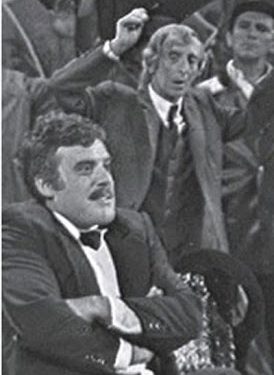
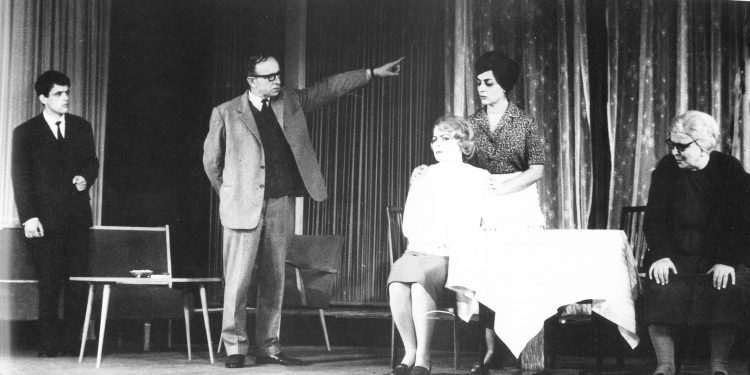
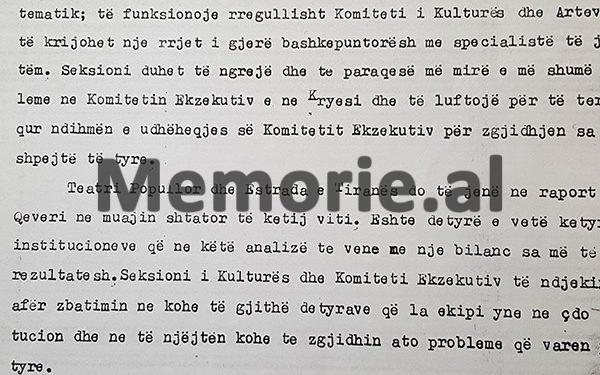
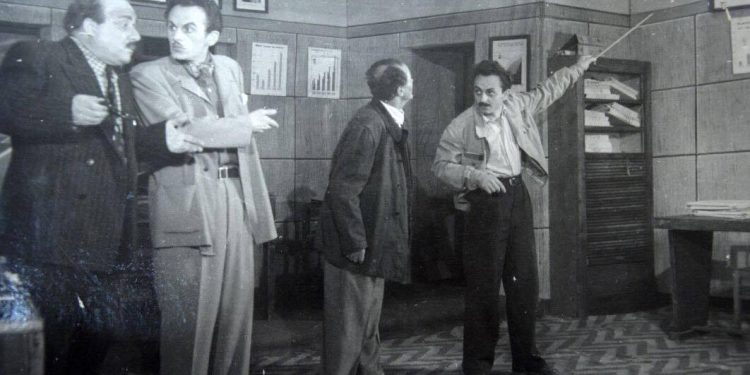

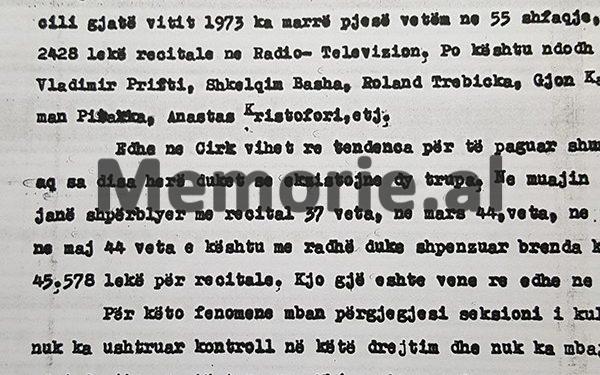

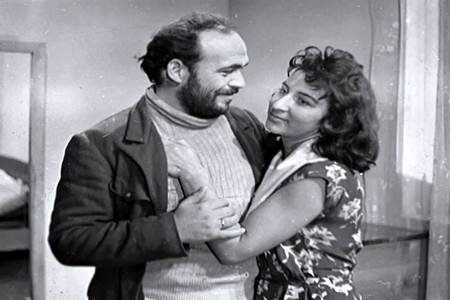
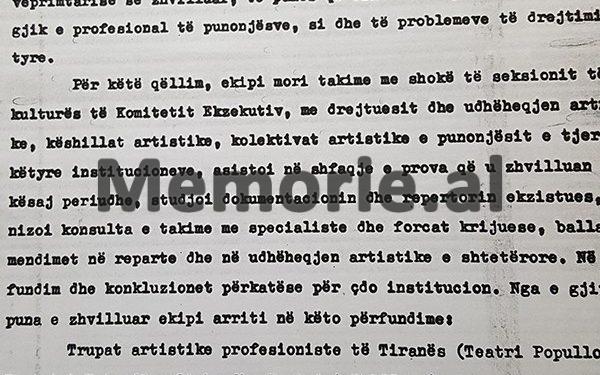
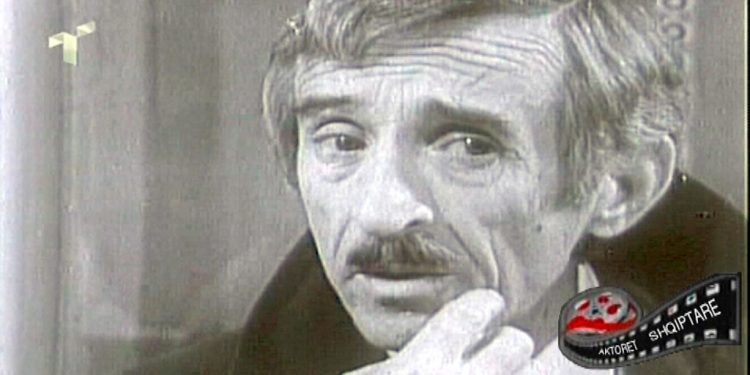
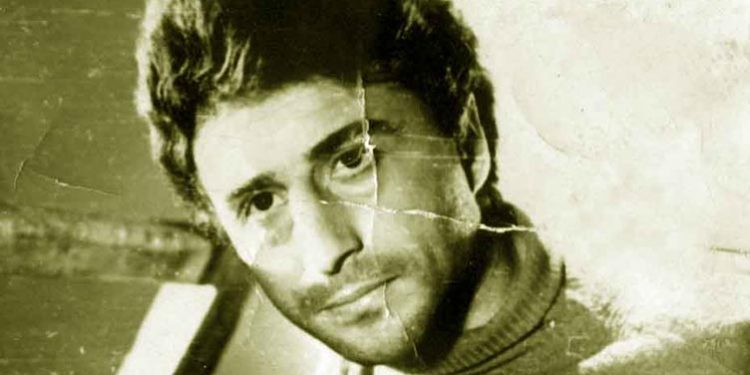
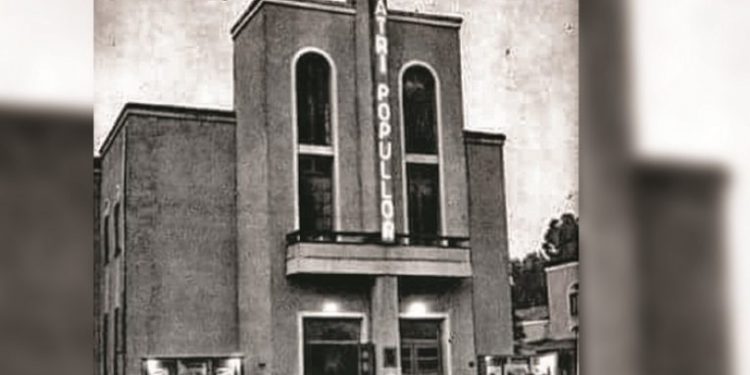

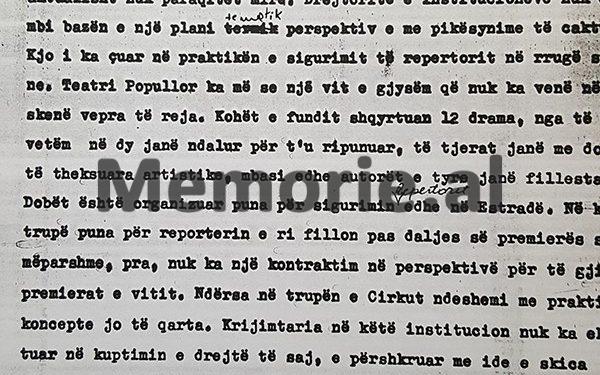
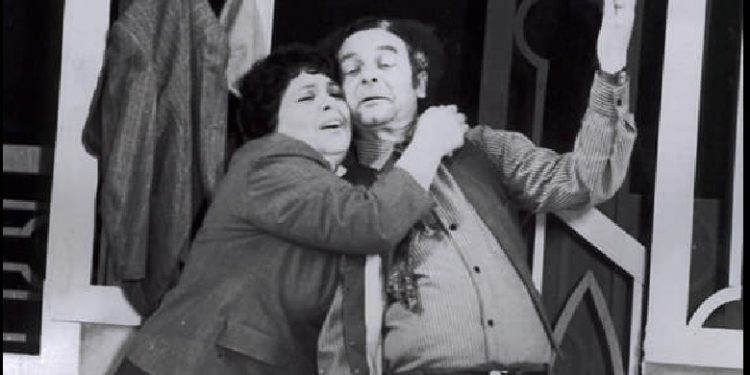
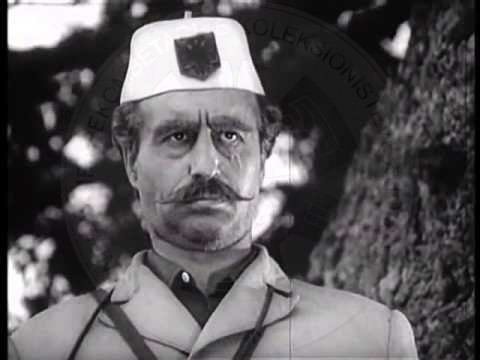
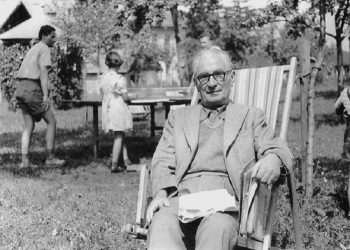

![“Count Durazzo and Mozart discussed this piece, as a few years prior he had attempted to stage it in the Theaters of Vienna; he even [discussed it] with Rousseau…” / The unknown history of the famous Durazzo family.](https://memorie.al/wp-content/uploads/2026/02/collagemozart_Durazzo-2-350x250.jpg)
